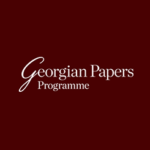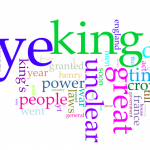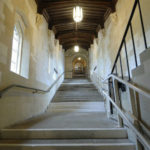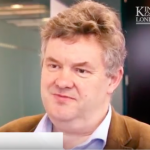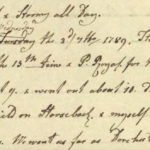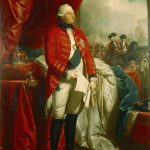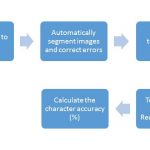Multiple identities in the Georgian period
Posted on: July 22nd, 2020 by geoIII No Comments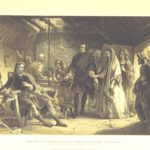
Samantha Callaghan, Metadata Analyst, King’s Digital Laboratory To support collaborative work on the Georgian Papers, a Collaborative Workspace for the Programme is currently under development by King’s Digital Lab. The Workspace aggregates images, catalogue records and transcriptions and offers additional ways to augment the metadata provided by the Royal Archives. Augmentation is achieved through subject… Read More »

